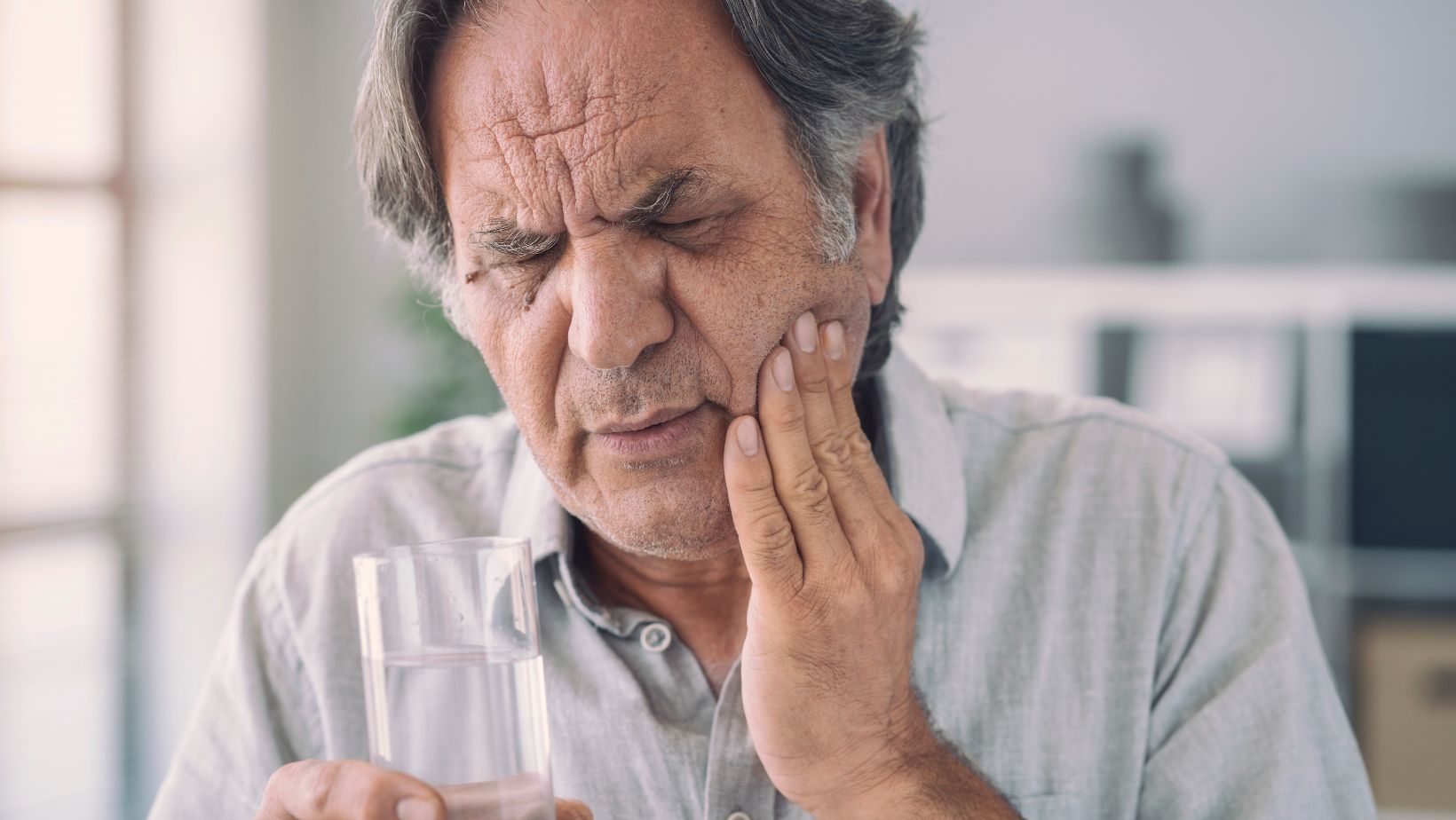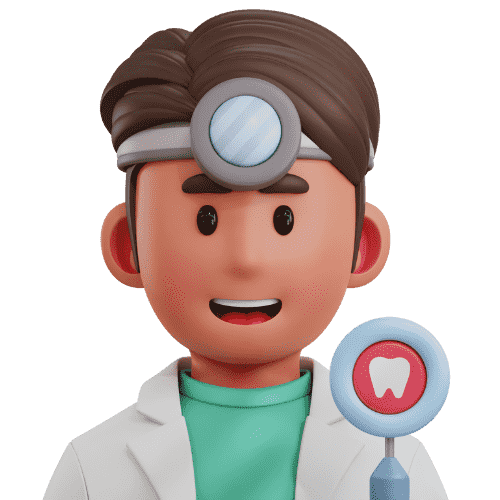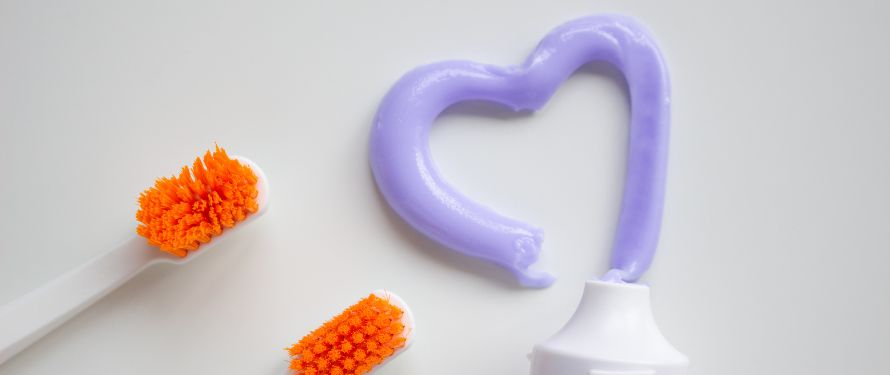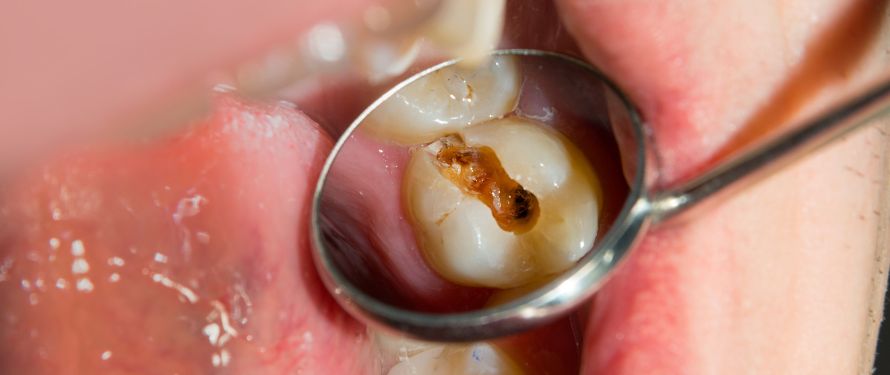Sports Mouthguards for Muskegon Youth – What Families Should Know
Every year, thousands of Muskegon kids hit the fields, courts, rinks, and gym floors to compete in their favorite sports. From football and hockey to basketball, wrestling, soccer, and even mountain biking, youth athletics are a core part of the community. While families invest in helmets, pads, cleats, gloves, and braces, one essential piece of safety equipment is often overlooked: the sports mouthguard.








